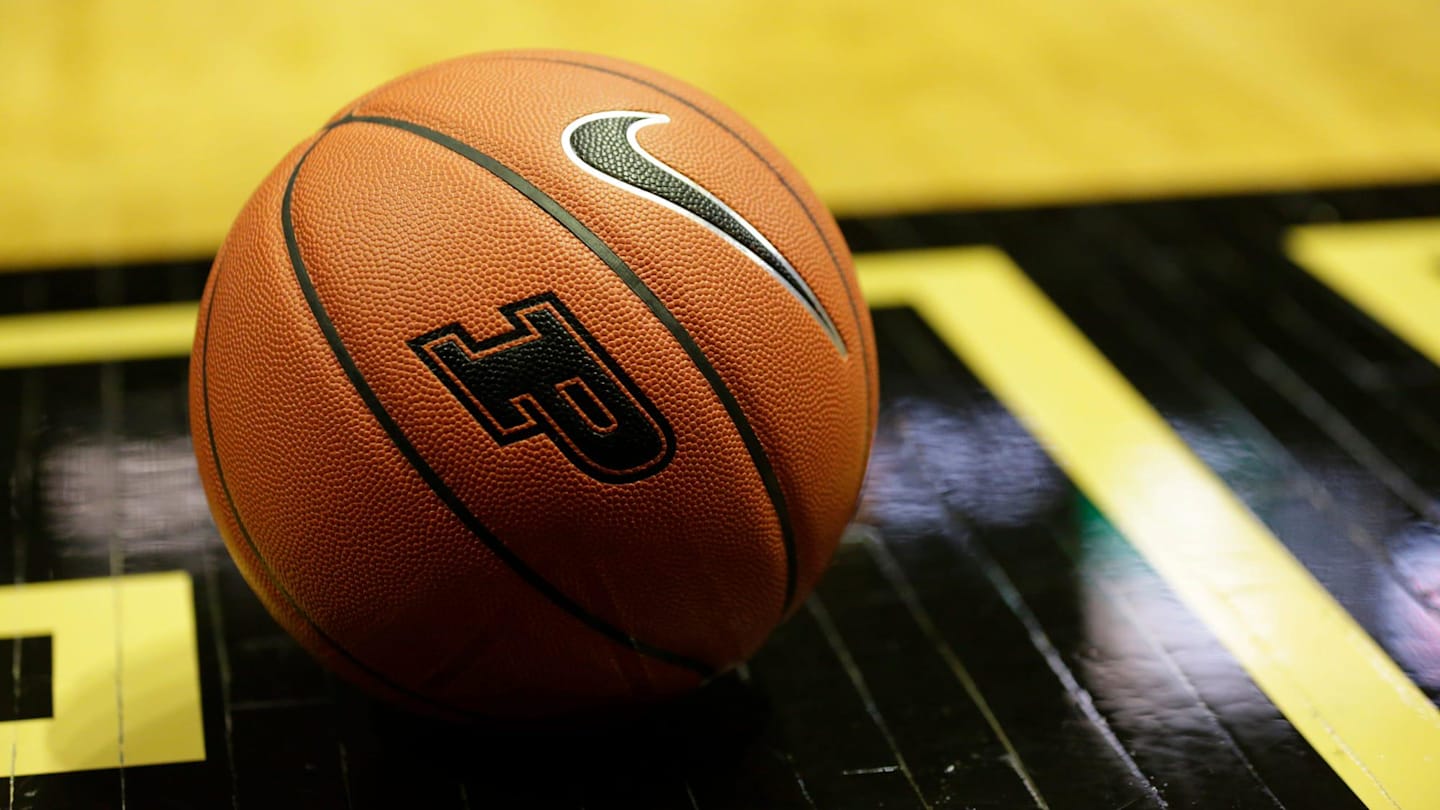In the wake of Health Secretary Robert F. Kennedy Jr.’s decision to shake up a key federal vaccine advisory committee, outside medical organizations and independent experts are looking for alternate sources of unbiased information and even considering forming a group of their own.
A leading contender is a new group led by Michael Osterholm, an infectious disease expert and the director of the Center for Infectious Disease Research and Policy (CIDRAP) at the University of Minnesota.
Osterholm is launching the Vaccine Integrity Project at CIDRAP as a potential alternative to the Centers for Disease Control and Prevention’s Advisory Committee on Immunization Practices.
“We’ve always just taken for granted that routine child immunizations and other vaccines would be readily available and that they would be supported by the public health system,” Osterholm said. “Now that’s in question.”
Earlier this month, Kennedy fired all 17 members from ACIP, appointing in their place eight new members, many of whom have expressed vaccine-skeptical views or questioned pandemic restrictions. Kennedy himself has a long history of anti-vaccination activism.
The American Academy of Pediatrics has called the new ACIP members a “radical departure” from the committee’s mission of protecting kids.
ACIP holds a significant amount of influence over vaccinations in the U.S.; the panel is responsible for setting the childhood vaccination schedule and determining what vaccines are given free of charge under the Vaccines for Children Program. Its recommendations guide what vaccinations are required for attending public school and what shots insurance covers.
“The real risk is that families and patients may not have access to vaccines” if the panel makes changes to their recommendations, said Dr. Molly O’Shea, a pediatrician in Michigan.
“The ramifications are deep,” said Dr. Michelle Taylor, a pediatrician and the director of the Shelby County Health Department in Memphis, Tennessee. “Any school system that is requiring immunizations for school entry is looking for those ACIP recommendations, either directly from the CDC, from the Department of Education, if they are filtered there, or from their local or state health departments.”
CIDRAP is now consulting with multiple medical organizations and public health groups — including the AAP, the American Academy of Family Physicians, the American College of Physicians, the American Pharmacists Association, the National Foundation for Infectious Diseases, as well as insurance providers — to discuss vaccine recommendations.
Insurance companies rely on ACIP’s guidance on which vaccines to cover. But if enough reputable public health groups come up with recommendations different from ACIP’s, Osterholm said those groups could sway insurance companies on which shots to cover.
Although vaccination rates have been slipping in recent years, the vast majority of American families do vaccinate their kids. The CDC reported that 92.7% of kindergartners in the 2023-24 school year had received their routine childhood vaccines.
Parents depend on guidance from pediatricians on which shots to give and when. Those pediatricians rely on CDC guidance.
“Pediatricians have one goal, and that’s to keep every child healthy and safe in every community. That is what we wake up every morning thinking about. That is what we go to sleep thinking about at night,” said Dr. Susan Kressly, the president of the AAP. “If pediatricians are not standing up for what children and families deserve and need, then who?”
Some major medical organizations are voicing their concerns about Kennedy’s anti-vaccine actions.
The American Medical Association has asked Congress to investigate Kennedy’s handling of ACIP.
States are also taking action.
The Wisconsin Department of Health Services defied the HHS declaration that the federal government would no longer recommend Covid shots for healthy children and pregnant women. “The recent changes in CDC guidance were not made based on new data, evidence, or scientific or medical studies, nor was the guidance issued following normal processes,” the state’s department of health wrote in a press release.
The Illinois Department of Public Health criticized Kennedy’s gutting of ACIP, saying on X that the secretary had a “misunderstanding of how vaccine trials work.”
ACIP's approach
ACIP was formed in 1972 as an independent panel of experts to educate the federal government on vaccines. The committee —composed of experts including pediatricians, geriatricians, infectious disease doctors, immunologists and vaccinologists — has three regular meetings a year to pore over the evidence for new or updated vaccines.
All meetings are open to the public and are streamed online.
The panel may also be convened outside of those regular meetings. During the Covid pandemic, for example, the committee reviewed rare reports of a heart problem called myocarditis in some young men who’d had the Covid shot. The committee also recommended against the Johnson & Johnson Covid vaccine after it was linked to rare but potentially deadly blood clots.
Recommendations from ACIP are usually adopted by the director of the CDC.
But there isn’t any CDC director at the moment. President Donald Trump’s pick for the job, Susan Monarez, has a scheduled confirmation hearing in the Senate on June 25 — the same day Kennedy’s new ACIP members will meet for the first time.
As head of the Department of Health and Human Services, Kennedy is the ultimate authority and has the ability to override ACIP recommendations. He flexed this rarely used muscle in May by announcing — without any input from ACIP — that the Covid vaccine would no longer be recommended for healthy children and pregnant women.
ACIP members have historically gone through an extensive vetting process to ensure their expertise. If members have conflicts of interest, they recuse themselves from votes.
An HHS spokesman said its eight new ACIP members were thoroughly vetted, but not did not offer specifics. Two members, Dr. Martin Kulldorff and Dr. Robert Malone, were previously paid experts in trials involving Merck vaccines. Another, Vicky Pebsworth, served as an expert witness in a federal lawsuit brought by activists who sought to outlaw childhood vaccination mandates. The case was dismissed in 2021.
Vaccine skepticism isn’t necessarily a bad thing. “True scientists ask critical questions in a way that doesn’t presume the answer,” the AAP’s O’Shea said. “What has made America great, however, is our medical and scientific innovation. To undermine that is gravely concerning to me.”
Erika Edwards is a health and medical news writer and reporter for NBC News and "TODAY."









 English (US) ·
English (US) ·